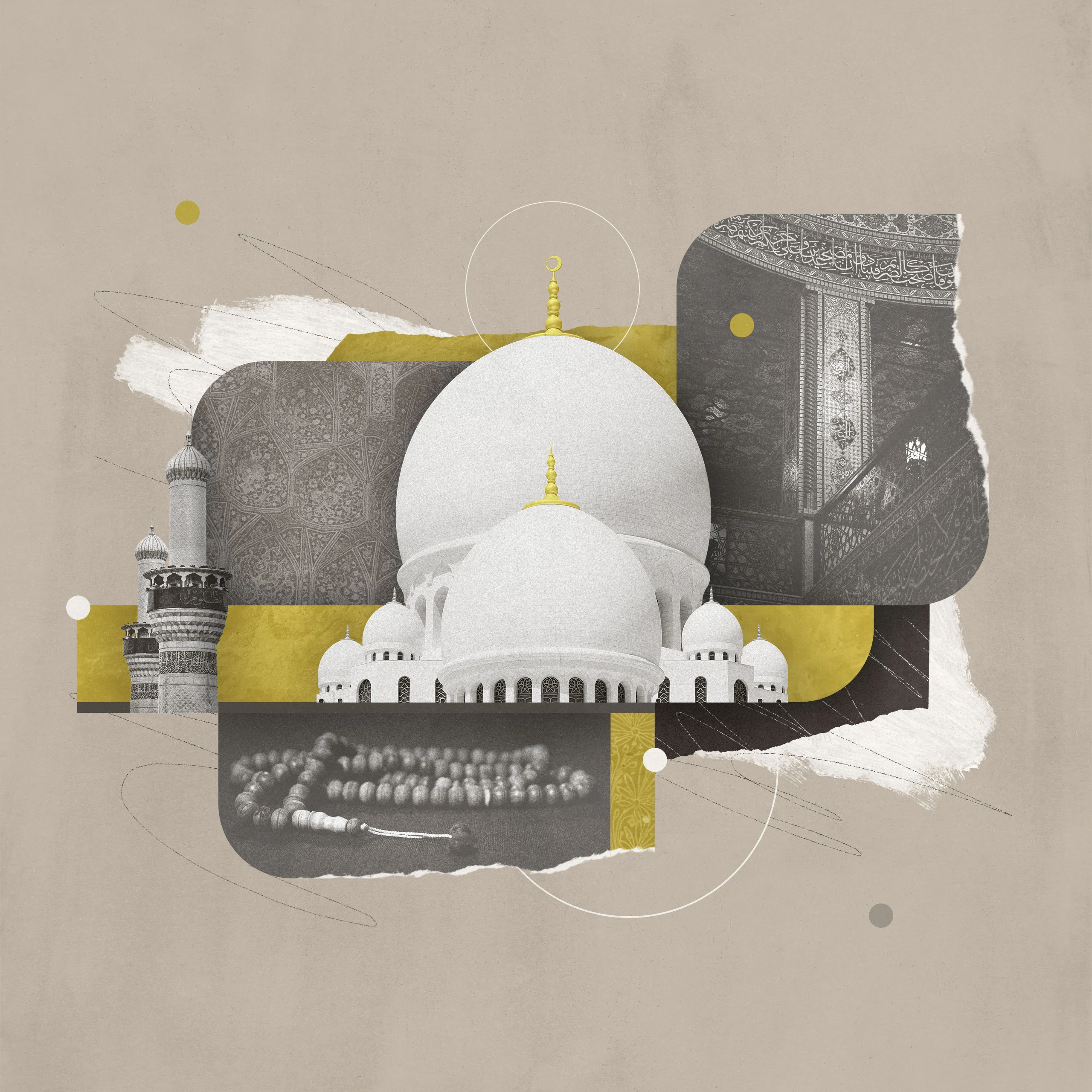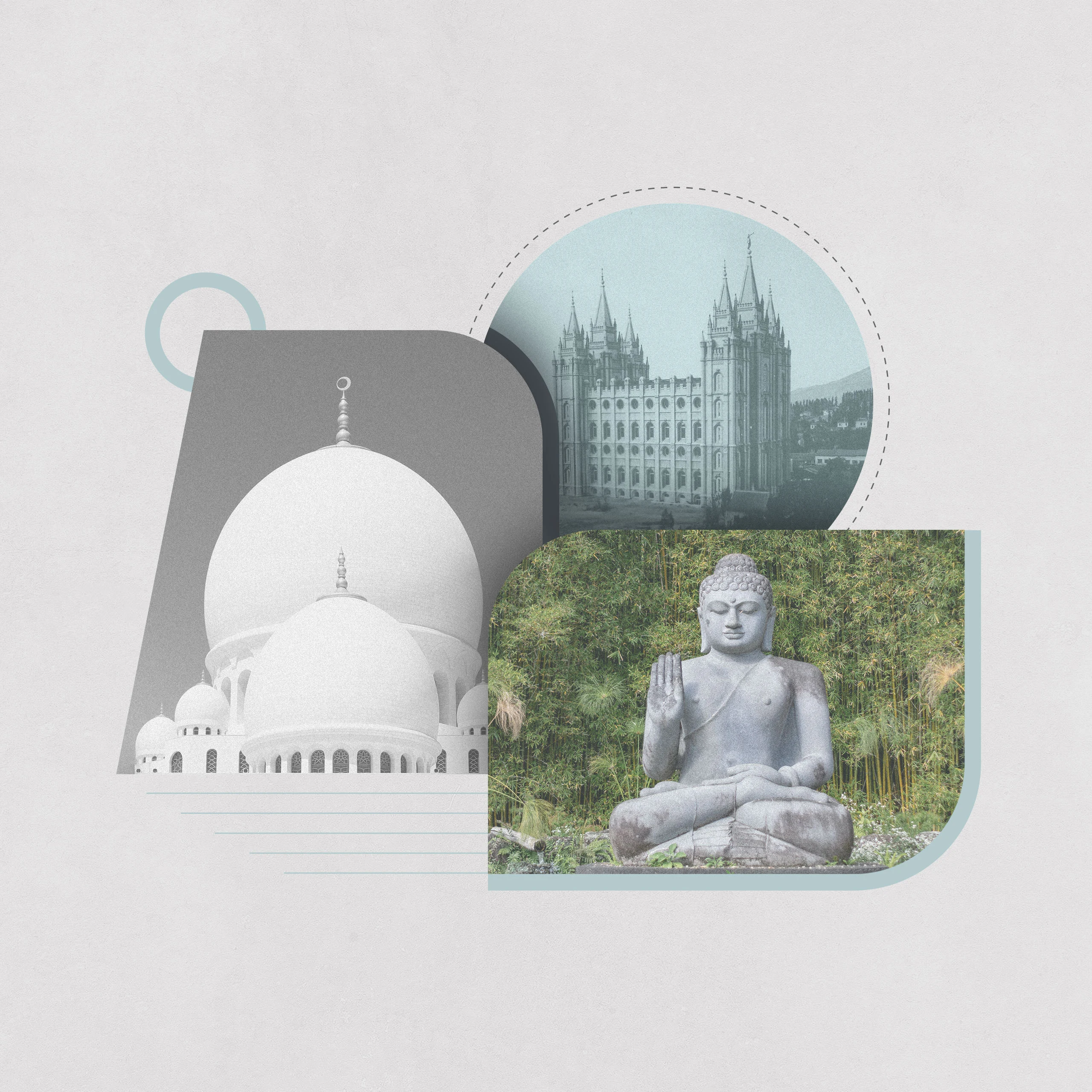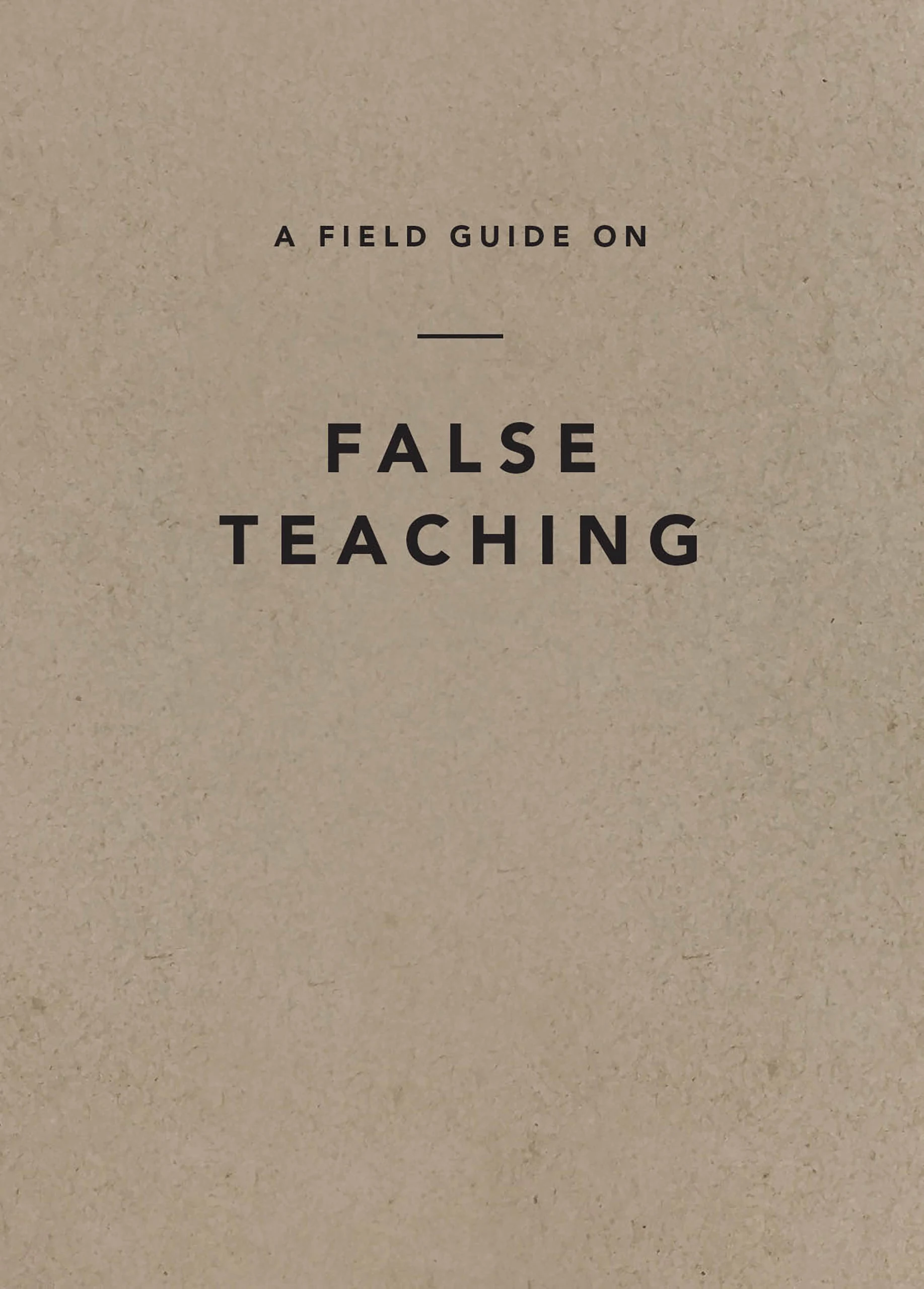What Is Islam?

What is Islam?
Islam is the second-largest religion in the world. Today, an estimated 1.3 billion people profess to be Muslims—that is, followers of the religion of Islam. Of these, nearly 1 billion reside in the Middle East, North Africa, and Southeast Asia. Islam is a monotheistic religion, requiring submission to the one God, Allah, and to everything Allah revealed through the prophet Muhammad. The two major authoritative texts in Islam are the Qur’an and the hadith. The Qur’an is claimed to be the revelation of Allah to Muhammad. The hadith are the oral traditions of Muhammad’s teaching and practice as passed down in the Muslim community and set to writing a few centuries later. The Five Pillars of Islam structure the essence of Islamic belief and practice. There are two major branches of Islam: the Sunnis and the Shiites, and there is also a large mystical tradition, the Sufis. The Nation of Islam, an African American political and religious movement, has brought an awareness of Islam to many Americans. However, this movement is a modern Western ethnocentric religion that is not recognized by orthodox Muslims as an authentic Islamic tradition.
When did it begin?
Muhammad is the founder of Islam. He was born in AD 570 in Mecca (a city in the western Arabian Peninsula).1 His father died before his birth. His mother died when he was six. Muhammad went to live with his grandfather Abd al-Muttalib. When he was eight, Muhammad’s grandfather died. Muhammad then went to live with his uncle Abu Talib, a caravan tradesman. Abu Talib took Muhammad on many of his travels.
At age twenty-five, Muhammad married Khadija, a wealthy traveling merchant. Khadija had been raised by Ebionite Christians. The Ebionites were a mystical Jewish sect of Christianity that denied the deity of Christ. Scholars believe that Muhammad learned his inaccurate versions of biblical accounts on his travels with Abu Talib and Khadija.
Muhammad said the angel Gabriel visited him in Mecca in 610, which began a twenty-three-year period during which Muhammad claimed to receive the revelation of the Qur’an. Traditionally, eighty-six suras (chapters) of the Qur’an are said to have been revealed while Muhammad lived in Mecca, while the remaining twenty-eight were revealed in the city of Medina.
The first two people to accept Muhammad’s message were his wife, Khadija, and his cousin, Ali ibn Abi Talib. The first convert outside of Muhammad’s family was Abu Bakr, a traveling merchant. During his stay in Mecca, Muhammad began calling the polytheistic citizens to repent and submit to Allah, the one true God. After years of rejection, persecution, and warfare, Muhammad journeyed to Medina (then known as Yathrib) in 622. This event, called the Hijrah, marks the beginning of the Islamic calendar. The message of Islam found greater acceptance in Medina; the Muslim community there grew, and Muhammad became the leader of the city. Eventually, Muhammad was able to amass an army large enough to capture Mecca, which he purged of polytheism. Mecca is today one of the holiest cities in Islam.
Upon Muhammad’s death in 632, Abu Bakr became the first caliph (the religious and political leader of the Islamic state), although many Muslims believed the caliph should have been a relative of Muhammad, specifically his cousin Ali. Abu Bakr carried on the Islamic religion until his death. Caliphs Umar Ibn al-Khattab, Uthman ibn Affan, and Muhammad’s cousin Ali succeeded Abu Bakr, in that order. After Ali’s death, disagreements within the Muslim community over who could be caliph continued to grow, with the Shiites eventually breaking with the majority of Muslims—the Sunnis—over the Shiite belief that the caliph had to be from Muhammad’s family.
Who are the key figures?
Over its long history, Islam has produced a multitude of influential rulers, scholars, philosophers, authors, athletes, businessmen, scientists, and teachers. Muslim mathematicians and philosophers have played important roles in the development of disciplines such as algebra and in the recovery of Aristotle’s thought in the West during the late medieval period. Islamic empires conquered much of the Christian East.
Today, the most well-known Islamic political figures are King Abdullah of Jordan; King Salman of Saudi Arabia; Ayatollah Ali Khamenei, the supreme leader of Iran; and Mohammed VI, king of Morocco.
Before becoming a Sunni Muslim, Malcom X helped raise awareness of the Nation of Islam in American culture. Louis Farrakhan is currently the leader of the Nation of Islam, a ethnocentric sect viewed as heretical by orthodox Muslims.
Muhammad Ali, Mike Tyson, and Kareem Abdul-Jabbar are among the famous Muslim athletes of recent decades.
What are the main beliefs?
- Revelation and interpretation. Although all Muslims profess belief in the Qur’an, considerable diversity of belief and practice exists among the various branches of Islam. Sunni Muslims, who make up the vast majority of the worldwide Muslim community, rely heavily on legal scholars to settle disputes over the teaching of the Qur’an. These lawyers, in the development of Islamic law or sharia, seek to reconcile the differences between the teaching of the Qur’an and the hadith by means of consensus and analogy. Shiite Muslims, who make up the second-largest group of Muslims worldwide, believe that the true successor to Muhammad as leader of all Muslims comes from the family of Ali. (Sunnis believe that Muhammad’s successor can come from the broader Islamic community.) The Shiites also have their own collections of hadith, consisting only of traditions that they trace back to Ali. Disputes within Shiite Islam are settled by appointed imams whose decisions are considered binding. The Sufis believe in a spiritual, nonliteral interpretation of the Qur’an and engage in mystical practices. One of the most famous of these practices is the whirling dance that is particularly associated with the Mevlevi Order of Sufis (the Whirling Dervishes).
Muslims follow a works-based religion and thus live with uncertainty whether Allah will admit them to paradise. No such uncertainty exists in the message of the gospel.
Though it professes to be the authoritative revelation of the one true God, the Qur’an includes a number of historically and theologically inaccurate accounts of biblical figures. For instance, the Qur’an teaches that Abraham offered up Ishmael rather than Isaac. The Qur’an also teaches that Isa ibn Maryam (Jesus, the son of Mary) was merely a miracle-working prophet of Allah. Additionally, the Qur’an denies the deity and atoning death of Jesus. It states, “They slew him not nor crucified him, but it appeared so unto them . . . they slew him not for certain. But Allah took him up unto Himself” (Surah 4:157–58).2
- Devotion. The Five Pillars of Islam encapsulate the essential religious beliefs and practices of Islam. They are as follows:
-
Confession of faith. The first pillar of Islam is the shahada—profession of belief. First, it requires the confession of “no god but Allah.” Second, it requires acceptance of “Muhammad as the messenger of Allah.” In Islamic belief, Muhammad is the last and greatest prophet of Allah.
-
Prayers. The second pillar of Islam is salat—daily prayers. Muslims are expected to pray five times a day—at dawn, at noon, in the afternoon, at sunset, and at night. This practice is evidence of their submission and allegiance to Allah.
-
Giving. The third pillar is zakat—regular giving. Muslims are required to give approximately 2.5 percent of their wealth to religious officials of an Islamic state or to the local mosque. This practice supports the needs of the community, the relief of poverty, the upkeep of religious meeting places, and the propagation of the faith.
-
Fasting. The fourth pillar of Islam is sawm—fasting during Ramadan, the ninth month of the Islamic lunar calendar. From sunup to sundown, Muslims must abstain from eating, drinking, and sexual activity. This practice is a sign of purification through bodily sacrifice to Allah. Muhammad claimed to have had his visions during Ramadan.
-
Pilgrimage. The fifth pillar of Islam is the hajj—a pilgrimage to Mecca. Everyone who has the financial means and physical ability is required to make a trip to Mecca at least once in his life. There are a number of ritual practices that Muslims must do on their pilgrimage. One of the most important is walking counterclockwise around the Kaaba (a sacred shrine in Mecca that Muslims consider the holiest spot on earth) seven times.
- Redemption. While the Qur’an encourages Muslims to turn to Allah for mercy, it teaches that redemption is based on the freedom of Allah’s will. A person can atone for his sins by devotion to Allah, repentance, and good works. Allah is free to extend or withhold mercy as he likes, meaning he can set aside his love and justice when making a decision about a person’s ultimate destiny. Every single person will either end up in paradise (the Islamic concept of heaven) or in hell. However, some hadith seem to teach that ultimately Allah will bring the people in hell into paradise. Muhammad declared, “Allah will bring out people from the Fire and admit them into Paradise” (Sahih Muslim 1:368).
Why do people believe this form of false teaching?
One of the three major monotheistic religions that trace themselves back to Abraham, Islam has some superficial resemblances to Judaism and Christianity. Biblical accounts in the Qur’an—though historically inaccurate—make Islam a compelling counterfeit of the Christian religion. Many have been attracted to the ethical and ritualistic aspects of Islam. Additionally, the sociopolitical nature of Islam ensures its spread to every facet of the lives of its members, giving people who are looking for order and structure in their lives something to latch onto.
How does it hold up against biblical Christianity?
-
Revelation. In contrast to Islam, Christianity maintains that the triune God has revealed Himself fully and finally through His prophets and Apostles in the Old and New Testaments. The Holy Spirit superintended the revelation of God’s salvation in Christ through many men over a period of 1,500 years (Heb. 1:1–2; 1 Peter 1:10–12; 2 Peter 1:21). God has fully revealed Himself in His Son. Jesus is not only the great Prophet; He is God in the flesh (John 1:1, 14; Rom. 9:5; 1 Tim. 3:16). The overarching message of Scripture is the suffering of Christ and His subsequent glory (Luke 24:25–26, 44–47; 1 Peter 1:10–12). All special revelation has ceased after the ministry of Jesus and the Apostles (Heb. 1:2; Rev. 22:18–19).
-
Devotion. Scripture stresses the importance of confession of faith in God and Christ (Matt. 16:16; John 3:16–18; Rom. 10:9–10). The Bible encourages believers to be fervent in prayer (1 Thess. 5:17; James 5:16) and faithful in giving (1 Cor. 16:1; Gal. 6:6). However, religious devotion is an act of gratitude for the redemption that we have in Christ by grace. Christianity does not encourage pilgrimage to any physical building. The old covenant temple served its purpose in redemptive history. The physical temple was a type of Christ, and His church—His people—in the new covenant era are His temple (John 2:19–22; 4:21; 1 Cor. 6:19; 1 Peter 2:4–5).
-
Redemption. The Bible teaches that all men are born dead in sin (Eph. 2:1–4). No amount of good works can save us. No number of religious acts can give someone a right standing before God. Scripture teaches that Jesus, the eternal Son of God, died on the cross to atone for the sins of His people and to propitiate the wrath of God for His people (1 John 1:8–2:2). Jesus represents His people before God on the basis of His sinless life, atoning death, and continual intercession (2 Cor. 5:21; Heb. 7:25). We are saved by faith in Christ, not by our works (Rom. 4:1–8; Eph. 2:8–9). Though God freely chooses to show mercy to some and not to others (Ex. 33:19; Rom. 9:15), He does not annul His love or justice to do so. Rather, at the cross, God upholds His justice by punishing His Son in the place of His people and displays His love by forgiving them and reconciling them to Himself (Rom. 3:26).
How can I share the gospel with those who hold to this false teaching?
-
Focus on the unity of Scripture. Since the Qur’an incorporates portions of the Old and New Testaments, we must help Muslims see the internal unity and coherence of the Bible. The Old and New Testaments center on the person and saving work of Jesus. As He walked with His disciples on the road to Emmaus, Jesus “interpreted to them in all the Scriptures the things concerning himself” (Luke 24:27). The message of the Old Testament is the same as that of the New Testament—namely, that God saves sinners by grace through Christ crucified and risen (John 5:46; 8:58; Gal. 3:8).
-
Focus on the biblical teaching about the immanence of God. According to Islam, Allah is utterly and exclusively transcendent and nonrelational. Therefore, it is vital for us to stress the biblical truth about the immanence or nearness of the triune God when witnessing to Muslims. Scripture teaches that God is both transcendent and immanent (Isa. 55:8; 64:1). In the person of Jesus, God came into the world to accomplish redemption (John 1:1, 14). God the Holy Spirit works directly in creation in both revelation and regeneration. God drew near to His prophets in redemptive history in order to give the revelation of Himself to His people (2 Peter 1:21). The Spirit regenerates the hearts of His people, enabling them to believe and commune with God (John 3:5–6; Titus 3:5).
-
Focus on atonement and assurance. The biblical teaching about the atoning sacrifice of Jesus is the most important thing that we can share with Muslims. God freely provides an atoning sacrifice for sins in the sacrificial death of Jesus (John 1:29, 36). Since Jesus’ death on the cross is an efficacious sacrifice for all those for whom He died, nothing can separate believers from God (Rom. 8:35–39). Muslims follow a works-based religion and thus live with uncertainty whether Allah will admit them to paradise. No such uncertainty exists in the message of the gospel (John 17:3; Rom. 8:1; 1 John 5:13).
-
One hundred years after Muhammed died, Ibn Ishaq—an eighth-century Arab author—wrote a biography of the prophet’s life titled Sīrat Rasūl Allāh (Life of the messenger of God). Although no original copy remains, an edited and revised version by Ibn Hisham, a ninth-century Arab scholar and author, is still in publication today. ↩
-
The Quran, ed. Muhammad M. Pickthall (Medford, Mass.: Per¬seus Digital Library, n.d.). ↩



